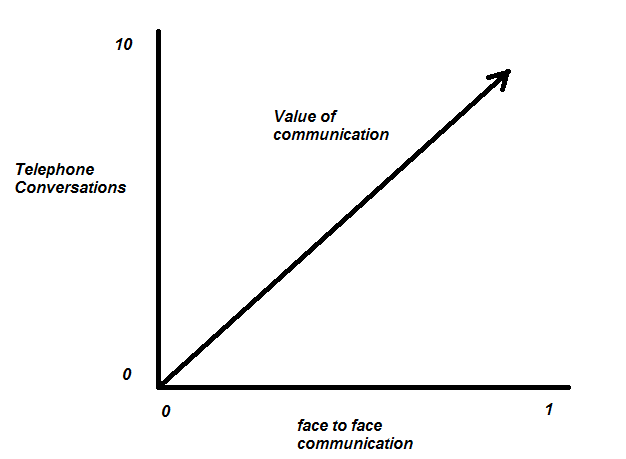T3 – Talent Tech Tuesday – is a weekly series here at The Project to educate and inform everyone who stops by on a daily/weekly basis on some great recruiting and sourcing technologies that are on the market. None of the companies who I highlight are paying me for this promotion. There are so many really cool things going on in the space and I wanted to educate myself and share what I find. If you want to be T3 – send me a note.
Talent Acquisition and Sourcing pros are always on the outlook for tools that will get them great talent fast. Entelo is a software that helps you find that talent. They are probably best lumped into the genre of “People Aggregators” within the recruiting and sourcing space, although all the people aggregators hate being called people aggregators. What Entelo, and other people aggregators like them (OpenWeb, TalentBin, HiringSolved,etc.) primarily do is to build profiles of potential candidates based on their social exhaust they leave all over the web.
Think of yourself for a moment. You probably have a LinkedIn profile, a Facebook profile, a twitter account. You might also get involved with industry specific groups who active boards. Software developers use sites like Github and StackOverflow, etc. All these places on the web you are leaving little pieces of who you are (social exhaust). Entelo’s software gathers all of this and puts together a profile similar to an online resume of sorts. Unlike many of the people aggregators on the market, Entelo found some really cool ways to differentiate themselves within the market.
Tools like Entelo can be very powerful in your sourcing efforts. But make no mistake, it’s a tool that you still have work and mine, do get the most of out of them. I’ve seen way too many corporate talent acquisition pros invest into this technology, only to let it sit there and do nothing. That isn’t a failure of the tool, it’s a failure of the person using the tool. Sourcing and mining candidates can be a arduous task, there is nothing easy about it. The tool will give you almost unlimited potential candidates at your finger tips, now you have the real work in front of you to find who’s right for your organization and openings.
Entelo separates themselves with their predictive analytics. When you go to source, the last thing you want to do is spend time and resources on candidates that are highly unlikely to want to move into a new position. This is a huge issue in sourcing. Entelo solves this using a predictive analytics model within their software ‘creatively’ called “More Likely To Move”. Which can predict individuals who are more willing to move into a new position based on their history and social makeup. Does it work? Yes. 30% of the folks Entelo flags as “more likely to move”, actually move within 90 days! That is crazy awesome.
5 Things I like about Entelo:
1. “More Likely To Move” is easily the best thing I liked. When you use a people aggregator you get a ton of data to shift through. Being able to screen based on those individuals who are probably at a point to be ready to move, just makes my job way easier as a Talent Acquisition Pro!
2. Diversity Filters. Entelo actually lets you search by various diversity filters (female, African American, Hispanic, veteran, etc.). This is almost a 1A in likeability in my book! I can’t tell you how many times I’ve either been asked directly, or ‘hinted’ at heavily on the ‘type’ of candidate a hiring manager or organization was really looking for. Great HR and Talent Acquisition Pros know they need to balance diversity and inclusion within their organization, and sometimes that means having to find a certain demographic.
3. Entelo Button. Entelo has a Chrome plugin which is a nice feature to have as you are mining sites like LinkedIn. The plugin allows you to view the Entelo profile of an candidate you are viewing in Linkedin with one click, to see what else might be out there on this person.
4. Entelo profile emails. Like most folks, I’m inherently lazy. If I don’t have to do extra searches to come up with contact information, that just made my life easier. Entelo profiles have a very high percentage of contact emails attached to each potential candidate, many times more than one.
5. ATS Integration already built out. This is a must if you use a people aggregator because you want a ‘one click’ easy way to get those potential candidates into your ATS.
Entelo has a very familiar feeling UI. If you use LinkedIn, you can use Entelo. Like most sourcing tools, the entry level price point is around $10K, that is pretty typical, and goes up with increased users, etc. From an ROI standpoint, that’s pretty easy to justify. One saved headhunter placement, and Entelo paid for itself. If you actually use this tool, you’ll make more than one placement from it! If you have to do diversity recruiting and sourcing, this is really a no brainer of a purchase.

